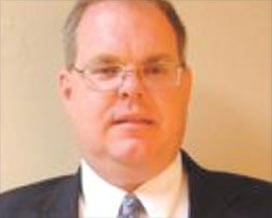When Missouri residents realize that their expenses and debts are far outweighing their income and they no longer have the ability to make ends meet, they may find themselves considering filing for bankruptcy. Many people across the country choose this option as a way to get a fresh financial start and have debts discharged, depending on the category of bankruptcy they qualify for.
To qualify for debt forgiveness through Chapter 7 bankruptcy, the filer must pass the means test. A number of factors, such as a person’s income, expenses and family size, are looked into to determine if the filer has enough income to pay debts back. There are two parts to the test. The first part looks at where the household income falls in comparison with the state’s median income. While the test considers the last six months for this calculation, anyone with a change in income can present documentation to adjust the time period. If someone is below the median income, they have passed the means test and, in general, can file for Chapter 7 bankruptcy.
However, not everyone passes the means test. Those who do not qualify for Chapter 7 may still qualify for Chapter 13 bankruptcy. For this part, documentation for all expenses in the last six months must be presented. This includes, grocery, clothing, medical expenses and rent. The money left after paying off allowable expenses would be the amount of money that can be used towards paying debts. If someone’s disposable income comes out as low at this point, that person could still qualify for Chapter 7 bankruptcy. Otherwise, allowable expenses is the portion of the test that calculates the repayment plan the debtor will be following in a Chapter 13 bankruptcy.


